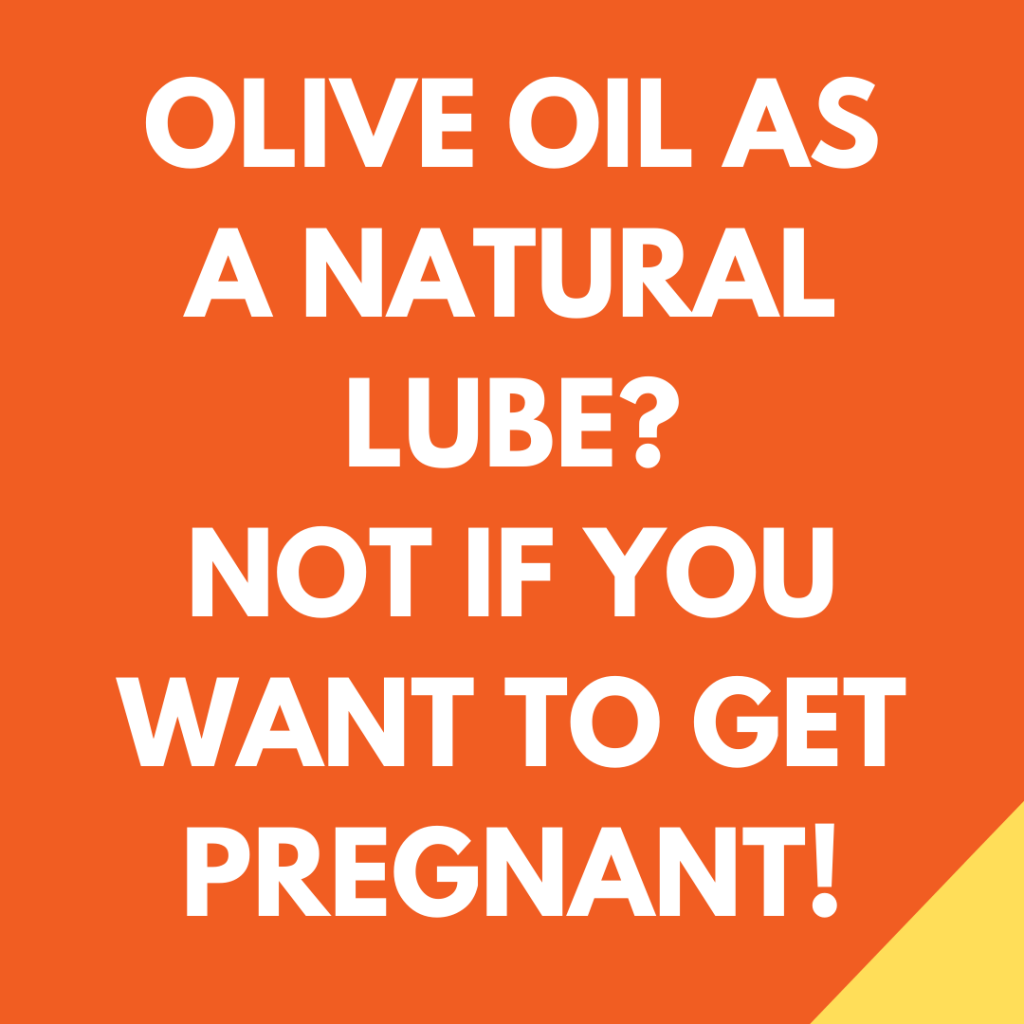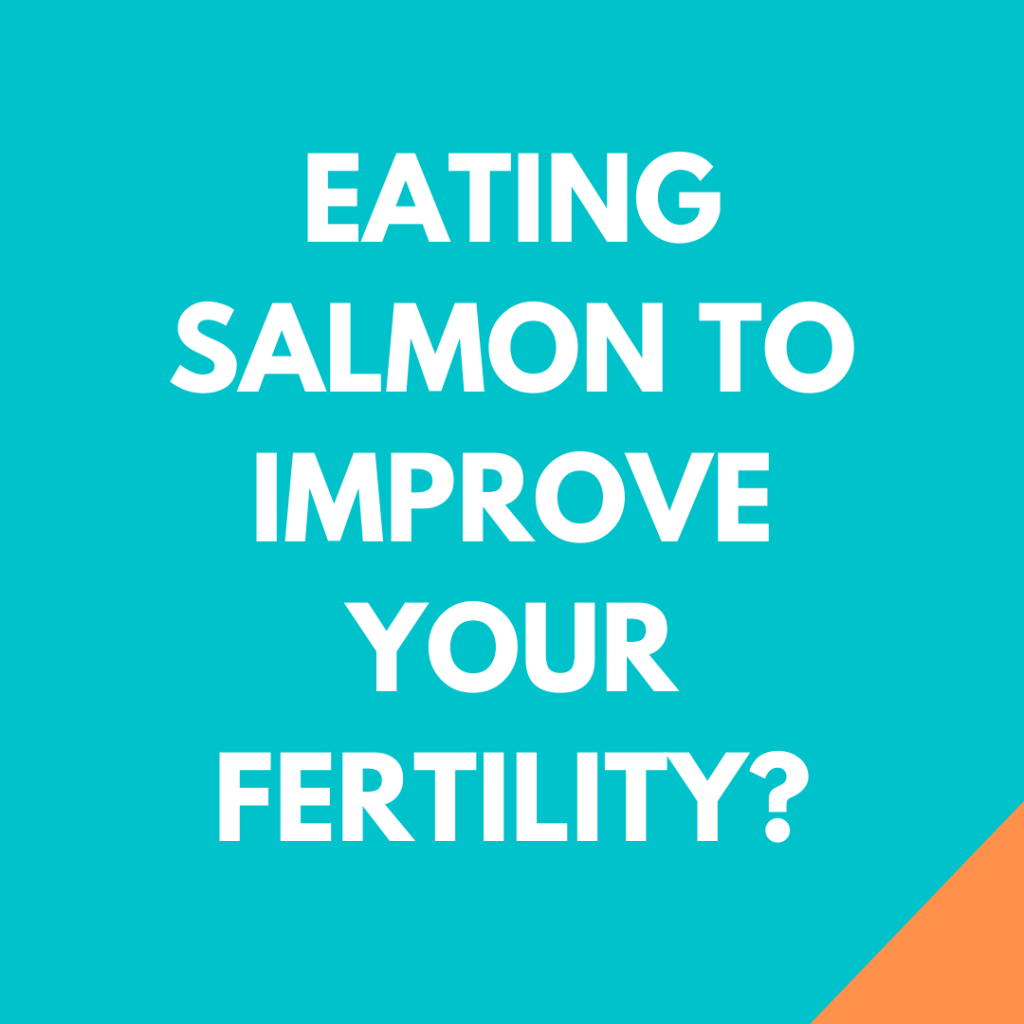We may earn a commission from affiliate links on this page.
If you’re trying to get pregnant, you’re probably hyper-focused on what you should be doing to get your body ready to conceive. But it’s just as important to know what to avoid that could potentially hurt your chances of conceiving quickly.
As a scientist who struggled with infertility for over a year before getting pregnant, I went into hardcore research mode, obsessively analyzing every TTC do and don’t to hack my fertility. Now I want to share my knowledge so you can be as informed as possible! Consider this your guide on what to steer clear of when you’re trying to get pregnant.
Quit Smoking
This should go without saying, but smoking is terrible for your fertility and your future baby’s health. If ever there was motivation to stop lighting up, it’s wanting a healthy pregnancy and baby.
Studies show cigarette smoking speeds up ovarian aging and egg loss, causing earlier menopause compared to non-smokers. Female smokers also have higher rates of infertility and miscarriage. Not to mention, smoking during pregnancy increases risks of complications.
And guys, don’t think you’re off the hook just because you don’t have ovaries! It messes with both sides of the fertility game. Smoking lowers sperm count and motility while increasing abnormal sperm. Secondhand smoke negatively impacts partners too – one study found women exposed to it had 50% lower IVF implantation rates compared to non-exposed women.
If you smoke, make quitting priority #1. Ask your doctor for resources to help you kick the habit for good before you’re actively trying to conceive.
Limit Alcohol
We all know too much alcohol can cause trouble conceiving and should be avoided in pregnancy. But what about moderate drinking? Is a casual glass of wine or beer okay while trying to get pregnant? The research is mixed.
Heavy drinking (more than 2 drinks daily) is linked to ovulatory disorders and lower fertility in women. But studies on light or moderate drinking show inconsistent results – some find it delays conception, others find no effect.
When it comes to alcohol and TTC, many women go for the “better safe than sorry” approach of limiting intake. Some choose to abstain from alcohol entirely or avoid it during the two-week wait just to maximize their chances.
The two-week wait (officially called the luteal phase) is when implantation typically happens if conception occurs during that cycle. Even though you can’t know you’re pregnant at this point, some women err on the side of caution and avoid alcohol during this potentially delicate time of early development.
For men, heavy alcohol use decreases sperm quality, but fertility seems unaffected unless you drink more than 20 drinks a week. So guys can relax a bit on the alcohol limits.
Limit Caffeine
You love your morning cup of joe, but does it love you back when you’re trying to make a baby? If you’ve ever googled “Is coffee bad when trying to conceive?” after chugging a cappuccino, you’re not alone.
Research indicates more than 5 cups of coffee daily (so over 500mg of caffeine) may potentially delay the time it takes to get pregnant and slightly increase miscarriage risk.
But is some coffee okay when trying to conceive? Luckily, yes! The evidence suggests a cup or two a day containing less than 200mg of caffeine is unlikely to negatively impact fertility or TTC efforts.
So if you’re a coffee lover, you can still enjoy 1-2 cups. Just be mindful of your total daily caffeine from all sources. Try mixing in some decaf coffee or swapping some teas for herbal varieties to taper intake.
Moderating caffeine is a small sacrifice to optimize conception chances. But the good news is an occasional caffeinated beverage in moderation likely won’t make or break your fertility when you’re trying. FYI: Caffeine consumption doesn’t seem to significantly affect male fertility based on current research.
Avoid Hot Tubs and Saunas
Here’s a tip specifically for the guys – steer clear of hot tubs and saunas when trying to conceive. They can temporarily hike up scrotal temperature and zap healthy sperm production.
Scrotums basically exist to keep testicles a few degrees cooler than the body’s internal temperature. When they overheat, sperm cells get damaged.
Studies even show sperm concentration drops in summer compared to cooler months. But that seasonal effect of summer is nothing compared to what hot tubs do – one study found a 15- minute soak lowered sperm count nearly 500%!
Luckily, negative effects seem to reverse after 3 months of stopping heated scrotal soaks. But avoid putting your precious cargo at risk in the first place. Take a pass on the hot tub while you’re trying for a baby.
Say No to NSAID Painkillers
Many women commonly use over-the-counter NSAID pain relievers like ibuprofen (Advil, Motrin) or naproxen (Aleve) to treat menstrual cramps, headaches, and other aches and pains. However, these may secretly be hurting your fertility efforts!
Here’s the deal: NSAIDs (non-steroidal anti-inflammatory drugs) work by blocking the production of compounds called prostaglandins. These play key roles in ovulation, embryo implantation, and maintaining early pregnancy. Interfering with prostaglandins could sabotage conception and this effect appears strongest for women with a low BMI.
Multiple studies link NSAID use around the time of conception to an increased risk of miscarriage. One study found women taking NSAIDs during the luteal phase had an 89% higher chance of miscarriage compared to non-users.
The good news is acetaminophen (Tylenol) seems safe for pain relief when trying to conceive. But women who regularly use NSAID pills leading up to and during the two-week wait should discuss alternatives with their doctor.
So avoid routinely using NSAIDs during your fertile window and after ovulation if you can, especially if you have a lower BMI. Acetaminophen (Tylenol) is the safest over-the-counter option based on current evidence.
Don’t Stress (But Do Manage It)
“Just relax and it’ll happen!” Ugh, every infertile woman’s least favorite piece of advice. As if simply being stressed is somehow prohibiting pregnancy.
Let’s clear this up – everyday emotional stress does not directly cause fertility or conception troubles. You cannot simply “stress yourself infertile” by worrying or overthinking.
- However, chronic long-term stress can potentially manifest itself through unhealthy physical coping habits that in turn may indirectly impact fertility. For example:
- Stress can trigger unhealthy eating patterns like bingeing on junk food. A poor diet lacking key nutrients can then negatively affect ovarian function.
- Stress can disrupt sleep and lead to insomnia. Lack of sleep impairs glucose control and hormone regulation needed for proper ovulation.
- Stress is linked to increased rates of smoking, drinking alcohol, and drug use. We already discussed how smoking and heavy drinking hurt fertility.
- Stress may cause relationship conflicts, mood changes, and low libido. You might consequently have less sex, at the wrong times, hampering conception odds.
So in essence, while being stressed or worrying does not inherently prevent pregnancy, downstream unhealthy effects of chronic stress can potentially impact fertility in indirect ways.
What’s the takeaway? Managing stress through self-care and healthy outlets is wise, but don’t blame yourself or obsess over eliminating all stress while TTC. Some is unavoidable! Stay grounded through activities like therapy, meditating, journaling, exercising, leaning on your support system, and taking relaxing “me time.”
And ignore any advice telling you to “just relax!” Easier said than done. Protect your peace of mind, but don’t buy into the notion your worries alone are somehow preventing pregnancy. You’ve got this!
Reconsider Tight Underwear
Gentlemen, we’ve already established overly cooked scrotums aren’t optimal for sperm production. But what about everyday sources of heat down there? The verdict may surprise you.
While definitive evidence is lacking, some studies suggest snug undies that place testicles in closer contact with the warmer body could actually reduce sperm parameters.
In one study, men attending a fertility clinic who regularly wore loose boxers had 25% higher sperm concentration than men preferring briefs or tight boxer briefs. Does this translate to impaired fertility? Uncertain.
But if you want to play it safe while trying to conceive, consider upgrading to loose, breathable boxer shorts to keep the boys cooler. Also avoid extended sitting with legs crossed that can heat the package. Again, no guarantee it’ll help…but it can’t hurt either!
Trying to conceive means being mindful of anything that could hinder your chances of success. The key is balance – you don’t have to go to extremes, but incorporating some sensible precautions can help maximize your conception chances. Find what feels right for your lifestyle and needs!
Here’s to minimizing risks so you can maximize your odds of that beautiful positive test!



